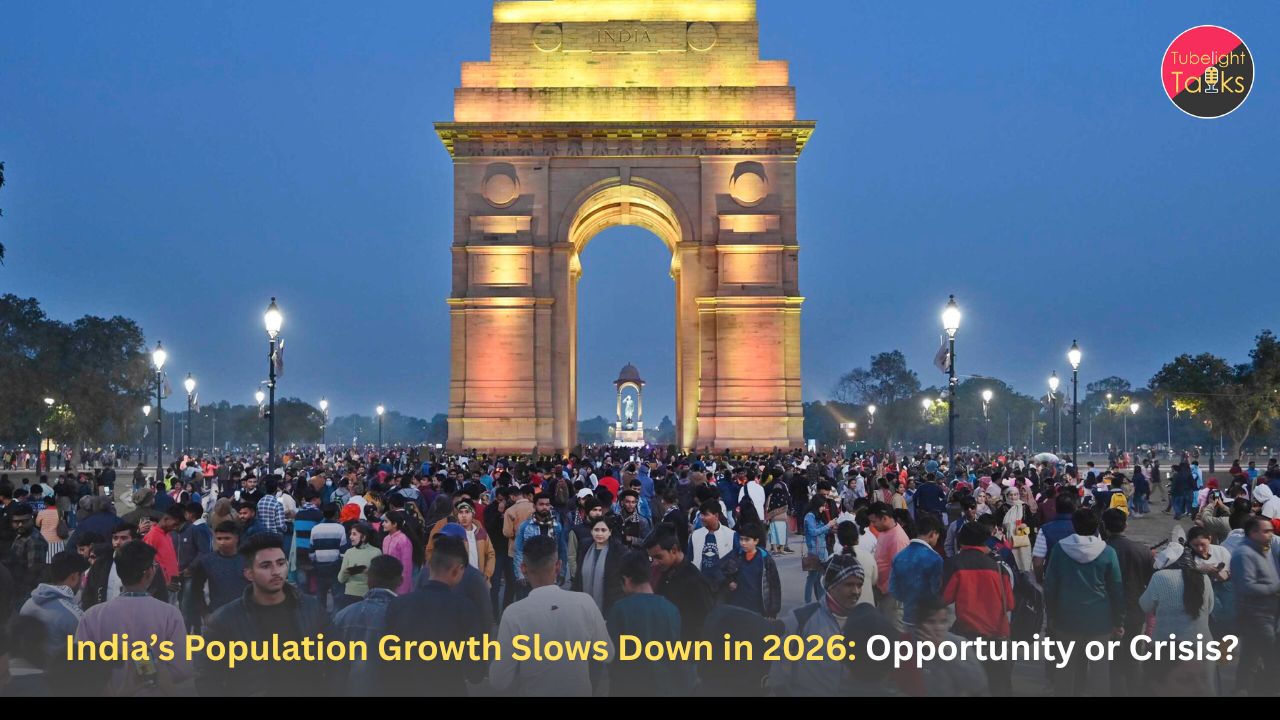Hindi, a language rich in heritage and spoken by millions worldwide, has extended its global reach far beyond India. Recognized as one of the most spoken languages globally, Hindi holds a significant cultural and historical value. Among its many milestones is its status as an official language in Fiji, a testament to its influence across continents. This recognition reflects the historical ties and cultural exchange between India and Fiji, making Hindi not just a linguistic tool but a bridge connecting diverse communities.
Key Highlights:
- Origins and Evolution of Fijian Hindi
- Fiji Hindi: A Cultural Identity Pillar
- Fiji Hindi: Bridging Cultures and Traditions
- Hindi: A Global Language Across Continents
- World Hindi Day: Celebrating Global Unity
- Journey of Hindi as India’s Official Language
- Fiji Hindi: A Symbol of Unity and India’s Global Legacy
- There is no language barrier in the path of salvation
The Arrival of Hindi in Fiji
The roots of Hindi in Fiji trace back to the 19th century during British colonial rule. Under the British indentured labor system, thousands of Indians were transported to Fiji to work on sugarcane plantations. The majority of these workers originated from the Hindi-speaking regions of Uttar Pradesh and Bihar. These laborers brought with them their native languages, primarily Awadhi, Bhojpuri, and Magahi, which collectively laid the foundation for what is now recognized as Fijian Hindi.
Over the years, this distinct dialect evolved, blending elements of various regional Hindi dialects and incorporating words from indigenous Fijian languages. This unique form of Hindi became the lingua franca for the Indian-origin population in Fiji, fostering unity among the diverse ethnic groups.
Fiji Hindi: Evolution and Official Status
Fiji Hindi, a distinct variant of the Hindi language, has become an integral part of the nation’s cultural identity. By the time Fiji gained independence in 1970, Fiji Hindi had cemented its role as a primary mode of communication among the Indian-origin community, which makes up approximately 37% of Fiji’s population today.
Recognizing the cultural and historical importance of Hindi, the Fijian government granted it official status through the 1997 Constitution of Fiji. Alongside English, Fijian, and Fiji Hindi, the language holds a prestigious position as one of the four official languages of Fiji. This recognition underscores the significance of Hindi in the country’s cultural and social fabric.
The Cultural Influence of Hindi in Fiji
The Indian-origin population in Fiji has played a pivotal role in preserving and promoting Hindi. Over generations, this community has upheld traditions, festivals, and linguistic practices that continue to thrive today. Celebrations such as Diwali, Holi, and Eid showcase the rich cultural tapestry of Indian heritage, with Hindi often serving as the medium of communication.
Fiji Hindi is now deeply embedded in the nation’s daily life, extending its influence beyond the Indian-origin community. Indigenous Fijians, too, have adopted Fiji Hindi as a secondary language, further solidifying its role in fostering intercultural dialogue and understanding.
Hindi’s Global Reach Beyond Fiji
Hindi’s prominence extends beyond Fiji, resonating with Indian diaspora communities worldwide. With over 800 million speakers globally, Hindi ranks as the fourth most spoken language in the world. In countries like Nepal and Bangladesh, Hindi is widely understood and spoken despite not being an official language.
In nations such as the United States, United Kingdom, Canada, Australia, South Africa, Trinidad and Tobago, and Mauritius, Hindi thrives within Indian diaspora communities. Bollywood, Indian television, and cultural events have further bolstered its popularity, making Hindi a globally recognized language.
Promoting Hindi Globally: World Hindi Day
To celebrate and promote Hindi on the international stage, the Government of India established World Hindi Day in 2006. Observed annually on January 10, this day highlights the importance of Hindi as a medium of global communication and cultural exchange. Events, seminars, and cultural programs are organized across the world to underscore Hindi’s growing significance.
In Fiji, World Hindi Day holds special relevance as a celebration of the enduring ties between India and Fiji. It reinforces the language’s role in uniting diverse communities and preserving cultural heritage.
Hindi as India’s Official Language
In India, Hindi’s journey to becoming an official language is rooted in the country’s post-independence vision. On September 14, 1949, the Constituent Assembly of India declared Hindi the official language of the Republic of India. This milestone is celebrated annually as National Hindi Day, symbolizing the language’s role in uniting the nation and preserving its cultural identity.
Hindi: A Global Bridge of Culture and Unity
Hindi’s recognition as an official language in Fiji highlights its remarkable journey from the Indian subcontinent to the Pacific Ocean. The Fijian Constitution’s acknowledgment of Hindi as one of the official languages reflects its cultural and historical significance. Today, Fiji Hindi is more than a language; it is a symbol of unity, resilience, and the enduring influence of Indian heritage.
As Hindi continues to thrive globally, from Fiji to far-reaching corners of the world, it stands as a beacon of India’s rich linguistic and cultural legacy. Whether celebrated on World Hindi Day or spoken in daily life, Hindi remains a global cultural phenomenon, fostering connections between people across borders.
The path to salvation is beyond the boundaries of languages
God transcends the boundaries of language. Regardless of the language spoken, there is only one true path to reach God—a path that can only be revealed by a Tatvdarshi Saint. Sant Rampal Ji Maharaj is the only spiritual leader in the world today who is guiding people on this path of true devotion and divine realization. His teachings are spreading globally, transcending caste, religion, language, and borders, and one day, this knowledge will unite the world, fostering the vision of Vasudhaiva Kutumbakam—the world as one family—bringing peace to all.
To deeply understand the profound philosophy and ideals of Sant Rampal Ji Maharaj, explore his invaluable book, “Gyan Ganga”, or visit www.jagatgururampalji.org










